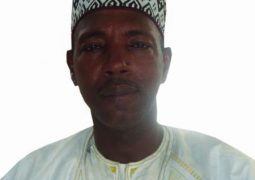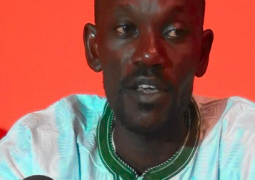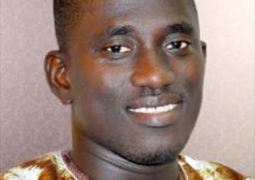The United States welcomes the establishment of the World Press Freedom Day 2011 website, and hopes that individuals around the world take time to reflect upon and discuss the important role a free press has in open, democratic societies and aspirants. All of us benefit from the incredible sacrifices journalists and citizen reporters make in the quest for freedom of expression.
We look forward to hosting World Press Freedom Day 2011 in Washington, DC, working with our partners: the United Nations Educational, Scientific, and Cultural Organization (UNESCO), the Center for International Media Assistanceat the National Endowment for Democracy, IREX, and the United Nations Foundation. This year's World Press Freedom Day focuses on the theme 21st Century Media: New Frontiers, New Barriers.
Throughout the Middle East, people are courageously shaking off decades of heavily restrictive government controls. New media and the Internet have provided a long sought public space for media professionals, citizens, and opposition groups to report information and news, exchange views, and organize their supporters.
Compelling ideas are infectious. They always have been. Today, immediate and widespread access to information allows ideas to circulate virally. It empowers people to participate in the public lives of their countries. It equalizes voices.
The Internet has made it possible to reach more people in more places. But it has also shifted power and influence to such an extent that it is necessary to engage with a much wider spectrum of public voices worldwide.
So we, at the Department of State, are doing everything we can to connect with people – all 6.8 billion of them – to create a new environment that will better ensure the stability and security of our country, our region, and our world. We take this mission very seriously. We recognize that government-to-government diplomacy by itself is no longer enough. From Secretary Clinton on down, we are embracing new media and new technologies as vital tools to reach people at all levels. New media and connective technologies also enhance our ability to listen. That is the number one improvement to our 21st century public diplomacy toolkit.
Anyone with a mobile phone or an Internet connection has the ability to communicate with us. This feedback is an incredibly valuable resource – whether the feedback is positive or negative – because it allows us to better understand how our actions and decisions are being interpreted by people and governments around the world. Our challenge now is to incorporate constructive criticism from these new voices into our decision-making, and to build response mechanisms as a limited number of diplomatic interlocutors engage with a much larger number of public voices.
New media support our commitment to accessibility, transparency, and the free flow of information. They allow us to pursue our shared goals in dialogue and partnership. And with serious effort on our part, they help us build good will and connections directly between people.
We view these weeks leading up to World Press Freedom Day 2011 as an opportunity to celebrate the fundamental principles of a free press, to discuss how changes in the media affect how we engage with the world, to analyze, evaluate, and elevate the status of press freedom worldwide, paying tribute to the sacrifices made in the pursuit of freedom of expression and assembly on and off-line. We look forward to hearing from you.




